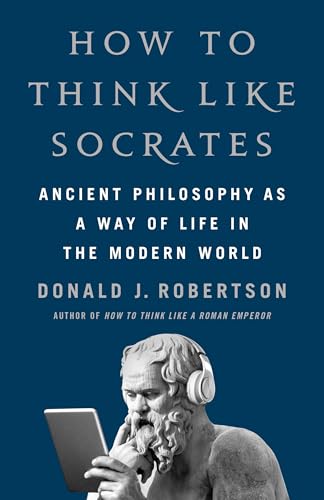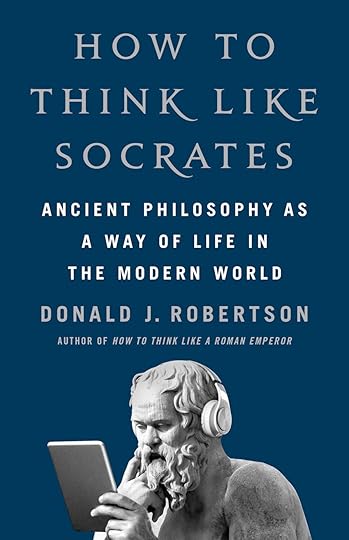What do you think?
Rate this book


357 pages, Kindle Edition
Published November 26, 2024

Cleon, a businessman whose wealth came from his family's tannery, emerged as a political outsider, a demagogue who quickly gained popularity by attacking the ruling elite. He evolved into a radical populist, appealing to the lower classes with a distinctive approach in the Assembly, characterized by his cynicism, aggression, and forthrightness.
...
In the aftermath of the plague, as Athens tried to reassert herself, Cleon's rhetoric became more violent, crude, and aggressive, as he attacked his critics rather than refuting them, but most often he carried the Assembly with him. Soon, this kind of outlandish behavior became normalized, and the political climate at Athens degenerated into partisan bickering.
...
Genuine statesmen gave way to demagogues, who stoked the fear and anger of the citizens and pandered to their greed and other vices.
